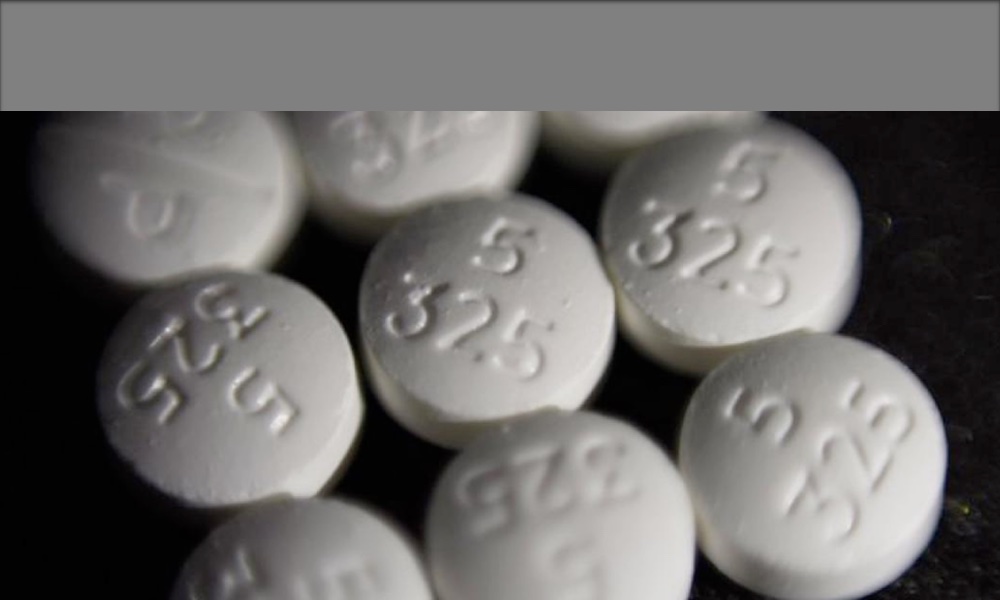Insurance regulations are making it increasingly difficult for addicts to obtain treatment with the drug buprenorphine.
Buprenorphine is a medication that relieves the pain and other symptoms of opioid withdrawal and is one of only three medications approved by the FDA for treatment of opioid dependence — methadone and naltrexone are the other two. And at a time when deaths due to opioids are on the rise, insurance coverage for buprenorphine appears to be falling.
Researchers looked at Medicare Part D drug regulations from 2007, 2012 and 2018. In 2007, 89 percent of all Medicare prescription plans offered buprenorphine-containing medications — brand name and generic, with naloxone and without — without any restrictions. By 2018, only 35 percent offered these drugs without restrictions.Ironically, the study found that access to opioids was much easier than access to buprenorphine, which can help treat opioid addiction.
In the case of buprenorphine, prior authorization appears counterproductive. “Buprenorphine is a safe and effective treatment that decreases deaths due to opioids and stops heroin and other opioid use,” study co-author, Daniel Korthuis, explained. “People on buprenorphine are able to get their lives back together.”
The study was not designed to determine the reasons for the restrictions on access to buprenorphine. As the authors suggest in their article, they “might reflect inaccurate perceptions of drug risk, societal norms related to the stigma of addiction, or financial considerations.”
Buprenorphine is a drug that is potentially susceptible to abuse, but combination preparations that also contain naloxone substantially cut down on abuse potential. Nearly 90 percent of all Medicare Part D prescriptions for buprenorphine in 2016 were for preparations that also contained naloxone.
“Many people still believe that medication treatment isn't really recovery. Overwhelming scientific evidence supports that medicines like buprenorphine are far more successful and safer than abstinence-only approaches,” said Korthuis, an Associate Professor of Medicine in the Oregon Health & Science University School of Medicine. “Buprenorphine saves lives. Abstinence-based approaches don't.”
The study appears in JAMA, the Journal of the American Medical Association.





